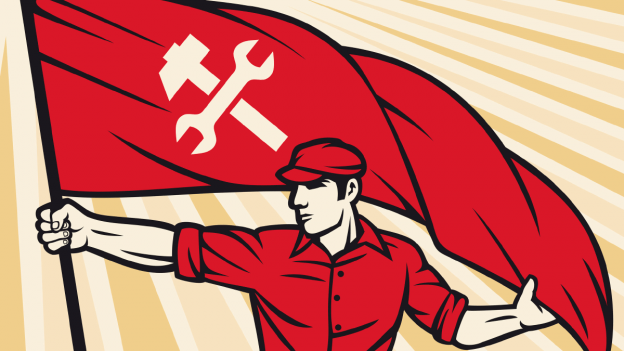As a socialist, I am often frustrated when discussing my beliefs because most people do not understand them. Calls to reduce inequality by socializing health care, housing, etc. are invariably dismissed on the grounds that this will give too much power to the government. The popular understanding seems to be that socialism means state ownership and control, so more government doing stuff = more socialism. Before I can even make a case for socialist solutions, I have to first correct these misconceptions and explain the meaning of the words I'm using. Having to do this repeatedly gets old fast.

What is Socialism? A Beginner’s Guide
Leave a reply